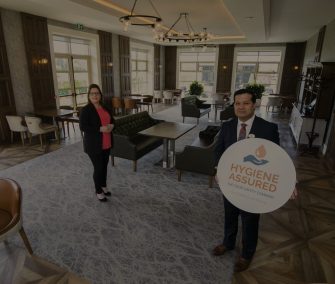Who should attend?
Fire Warden training is intended for all managers, supervisors or employees with responsibility for fire safety within an organisation
Aims and objectives
- To give participants the skill and knowledge required to carry out their duties in a safe and effective manner.
- To enable staff with an enhanced fire safety role to meet the training requirements detailed in the current workplace fire safety legislation.
- Identify possible fire hazards in the workplace
- Enable employees to assist in the fire risk assessment process
- Understand how fires can occur and how fire and smoke can spread
- Identify the correct type of fire equipment for the class of fire
- Ensure fire equipment is inspected and maintained as frequently as necessary
- Be able to advise members of staff on measures that can be taken to reduce the risk of fire occurring
- Be able to advise members of staff on action to take in the event of an emergency
Course outline
- Course Introduction
- Legislation Module
- Theory of Fire and smoke behaviour
- Identify possible fire hazards in the workplace
- Fire Prevention
- Human behaviour and firefighting – Theory & Practical
- The Role and Responsibilities of a Fire Warden
- Fire Evacuation Procedures (Site Specific)
- Fire Safety in the home Practical Exercises Course Debrief
Additional information
Duration: 1 Day
Maximum number of delegates: 10 persons
Assessment
MCQ Test


